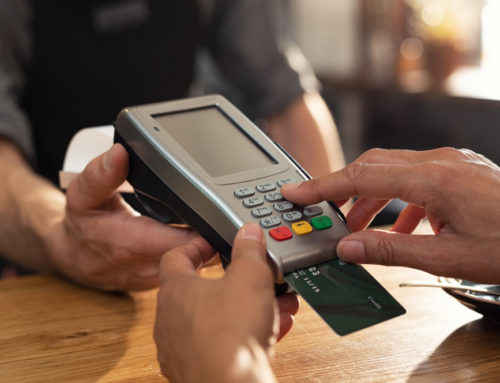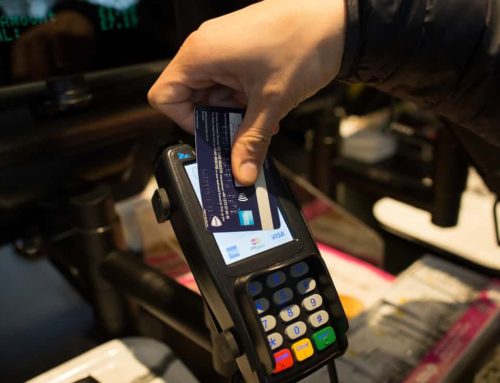What is a merchant account, whether you are a new business or you’ve been trading for a while. The ability to accept credit and debit card payments is vital to your business. In order to accept these payments, whether face-to-face, over the telephone or online, you will require a merchant account.
In 2015, there were 34.7 million card payments made every single day and this is projected to grow continuously over the next 10 years. With this in mind, having a merchant account for your business is essential.
What Is A Merchant Account?
A merchant account is a specific bank account that lets your business accept card payments. It acts as a holding pen for money before it is moved into your actual business bank account. Merchant accounts are typically provided by “Acquiring Banks”, but they may also be obtained as part of a package from a Payment Service Provider (PSP).
Having and utilising a merchant account can provide security for your customers and your business. They ensure safer credit and debit card transactions, while checking that there are sufficient funds availablewithin the customer’s account before authorising payment.
Once a transaction has been processed, the funds will be paid into your merchant account. These are usually transferred automatically to your business bank account, minus any transaction fees, around 2-7 days later.
There are two types of merchant account available to businesses: Dedicated and Aggregate.
Dedicated Merchant Accounts
A dedicated merchant account gives you more control over your money because it is set up specifically for your business. It also allows you to negotiate custom sales rates based on the types of products and volume you sell.
However, getting a dedicated merchant account can be a little tricky as your company will be required to go through a very detailed credit check and underwriting process. This time-consuming task will require you to hand over copies of your bank records and business information to the merchant acquiring bank.
Aggregated Merchant Accounts
Whereas a dedicated merchant account is set up specifically for a single business, an aggregate merchant account stores your funds in a shared pool along with a number of other companies.
Even though you still need to provide some information about yourself and your business, the process for getting an aggregated merchant account is much quicker and simpler than the one for a dedicated account.
The main downsides are that you won’t be able to negotiate rate and that you’ll have less control over how long it takes to process and receive your money.
Next Steps: Compare The UK’s Best Merchant Accounts
Trawling the internet or visiting banks all takes time and energy. Regardless of the type of account you feel most suitable, it can often become confusing as to which provider will offer the best deal.
Once you fill in our form, we’ll be in touch to discuss your requirements in more detail before matching you to the UK merchant service providers best able to support your business. We won’t charge you a penny and you could even save money on the cost of a new merchant account.





